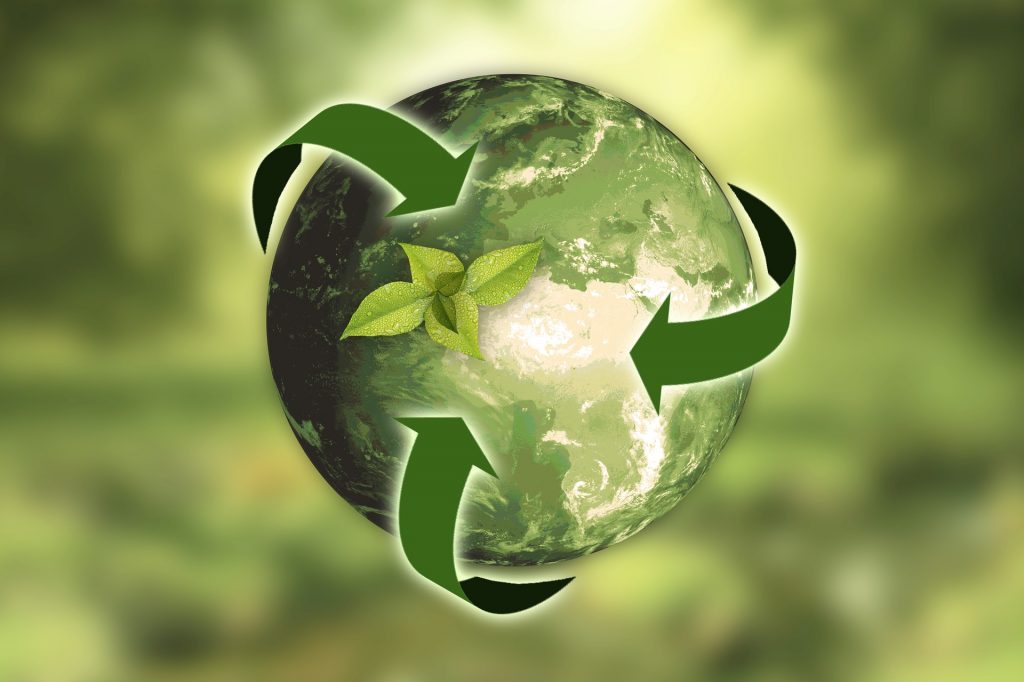No products in the cart.
The Imperative of Sustainable Consumption: A Necessity, Not a Choice!
The 21st century, currently plagued by the Covid-19 pandemic, is witnessing immense struggles on all fronts: socio-economic inequality, global value chains, national security and environmental crisis. Collectively, we are responsible for all these crises – climate change is perhaps the most prominent, but no less important are the rates of natural resource depletion, pollution, loss of biodiversity and the collapse of ecosystems, all caused by human activity (Steffen et al., 2015).
The problem of overconsumption has fuelled increasing demand for natural resources, manufacturing goods and greater offerings of services to the modern society we live in. Modern society is constantly demanding more and more cars, airplanes, electricity, large offices, telecommunication services, entertainment, consumer goods, fast food, and so forth. This growing consumerism is leading to drastic climate change and resulting in global warming. This consciousness is increasingly giving rise to a new imperative of promoting sustainable consumption among young consumers. In the absence of a clear definition of sustainable consumption, it would not be too far from the truth to articulate sustainable consumption as “when it meets the needs of present generations without compromising the needs of future ones” (World Commission, 1987). The United Nations has developed a set of 17 Sustainable Development Goals (https://www.un.org/sustainabledevelopment/sustainable-development-goals/) to help direct global efforts towards sustainability. These essentially articulate the major global social and environmental challenges facing the modern world today and set targets for addressing those challenges and to meet the targets by 2030. Notably, a vast majority of these relate to changing consumption behaviors, at an individual and global level to lessen environmental impact and simultaneously improve standards of living.

Sustainable consumption is an umbrella term that brings together a number of key issues pertaining to human needs, equity, quality of life, resource efficiency, waste minimization, life cycle thinking, consumer health and safety, consumer sovereignty, etc. Though consumers play a strategic and key role with respect to the achievement of sustainable consumption, it would be difficult to achieve fundamental changes in consumption patterns without taking the socio-economic context into consideration; as consumer choices are largely constrained by their personal and professional environments. Having said that, the fact is that a high ratio of consumers is expressing increasing concern about the impacts of their consumption behaviour. The UNEP’s global consumer survey indicates that, on an average, 93% of consumers are aware of the impact of their consumption patterns on environment, 60% exhibit concern and 83% of consumers recognize it “as their personal responsibility to change consumption habits and promote sustainability” (Bentley, 2000). Interestingly, the ratios are often higher among consumers in developing than in developed countries, this could possibly be because of the fact that consumers in developing countries have more reason to distrust the quality and safety of products. Finland, Sweden and the UK are still considered forerunners in the field of sustainable consumption.
Notwithstanding the strategic role played by consumers in promoting sustainable consumption, the role of business cannot be ignored. Businesses play a crucial role in promoting sustainable consumption by shaping social trends, including the growth of material consumption, and by improving eco-efficiency. It is time that firms, governments, the media and civil society collaborate to re-write the nature of prosperity and the role of the business community in promoting it. And therein lies the imperative for us as consumers to aid businesses by practicing and advocating sustainable and responsible consumption – by bringing about a change in our attitudes, beliefs, behaviors to affect the right kind of lifestyle changes. This is the only way we may be able to bequeath a cleaner and more livable environment to future generations. Delphine Viguim, the global vice-president of L’Oréal Paris, very rightly articulated the intertwining role of business and consumers in promoting sustainable consumption when she stated, “I want L’Oréal to be a sustainability pioneer but honestly it won’t be possible without the active participation of consumers”.
- The article was originally published in Career Ahead July 2021 issue.











